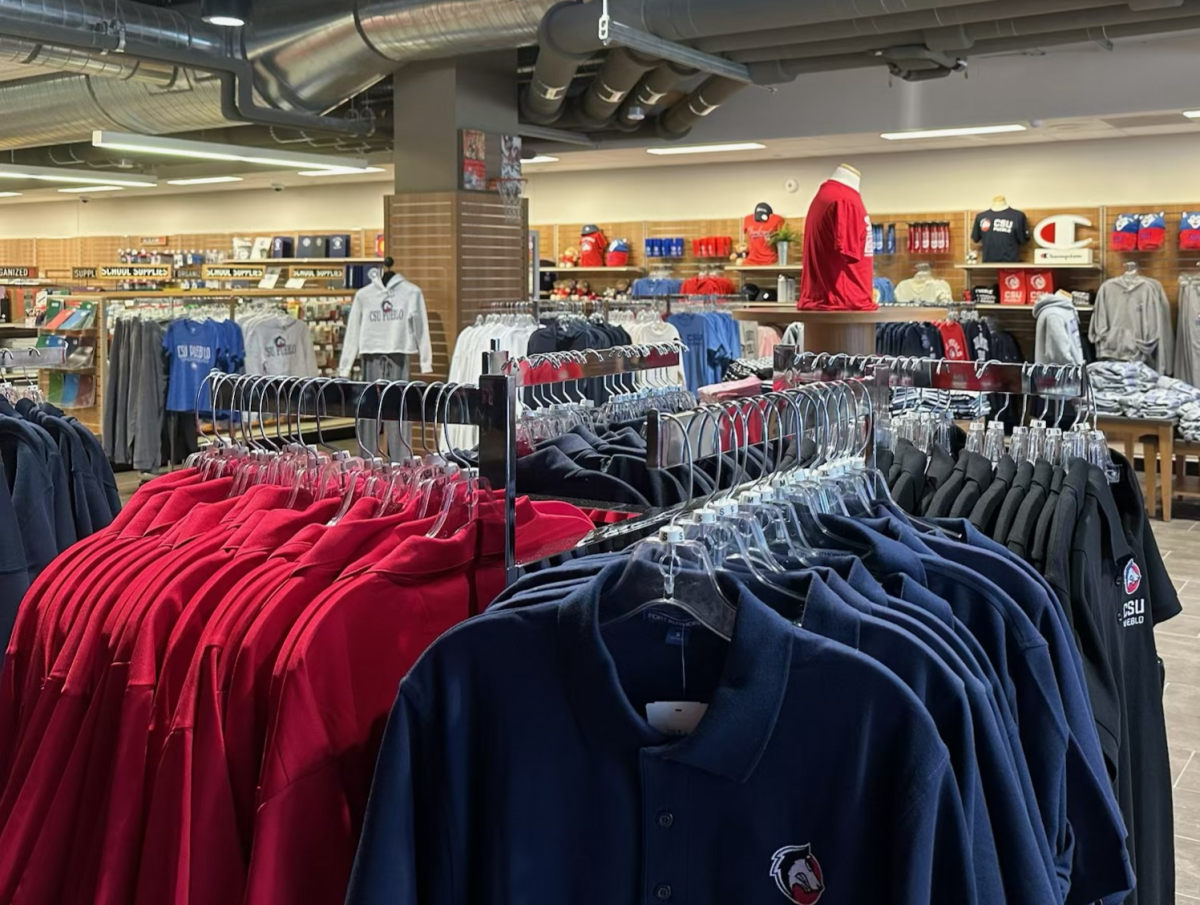
Photo by Dustin Cox
Pueblo and the rest of Southern Colorado have experienced an extreme weather change over the past few days, and there are predictions of a very cold and snowy winter this year compared to recent years.
According to the National Weather Service, the surprising temperature drop in the United States was due to a huge typhoon that hit the western Pacific Ocean the beginning of November. The ferocious storm known as Typhoon Nuri severely affected Japan and the Philippines before impacting the U.S..
The after effects of Nuri not only affected the mainland U.S. but Alaska and Canada as well. More than 40 states in the U.S experienced below freezing temperatures last week due to Nuri.
Early last week, Pueblo had high, gusty winds that caused considerable amounts of tumbleweeds to travel all over the city and the surrounding areas. Pueblo West was hit the hardest, where tumbleweeds blocked the front doors of people’s homes. Some tumbleweed drifts piled all the way up to the top of the roofs, covering businesses and homes.
Immediately after the long day of wind, the cold front came knocking with one of the earliest snow events in recent history. Many schools in the Pueblo area have had delayed starts or cancellations due to the low temperatures and hazardous, icy driving conditions. CSU-Pueblo canceled evening classes two days in a row and scheduled a 10 a.m. start one day to allow road conditions to improve.
According to the Farmer’s Almanac, December through late March will have lower-than-normal temperatures and more precipitation than usual for Southern Colorado.
The National Weather Service said the cause of the recent snow was a polar vortex brought on by Typhoon Nuri. A polar vortex collects cold air receptacles in the polar hemisphere region and releases it to the Northern Hemisphere in the winter season.
The vortex can often cause freezing temperatures for many days at a time if the pressure system reaches other hemispheres.
In case the Farmer’s Almanac is correct about the severity of winter this year, Puebloans should be prepared.
Stocking up on nonperishable foods, storing blankets and emergency items in vehicles and making sure cars have been fully serviced for winter should help those living in Southern Colorado handle the coming winter conditions.







